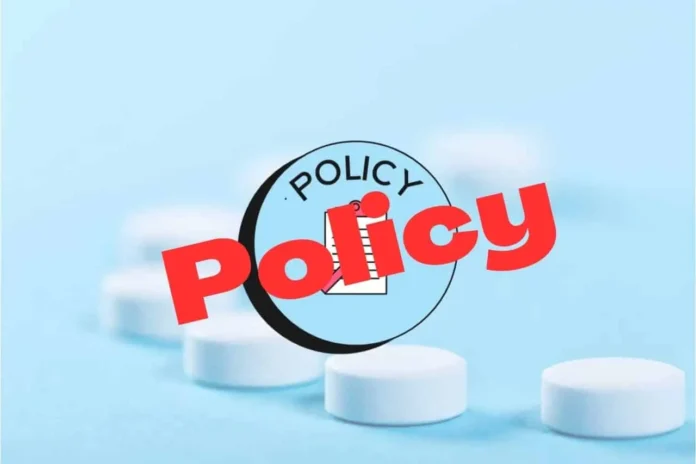Last Updated on January 6, 2024 by The Health Master
MUMBAI: With the C-19 virus pandemic stressing the need for innovation more than ever before, there is renewed hope within the pharma sector of an R&D policy being finally announced in the budget this year.
Over the last few months, there have been discussions between the department of pharma and industry bodies over R&D incentives, with the government readying a draft on the issue.
There is speculation about a targeted fund for strengthening knowledge-driven sectors like pharma and IT, and restoring tax benefits on R&D undertaken by companies, being in the works, industry experts told.
Over the last few years, there has been talk about a R&D fund being announced for innovation-driven sectors including pharmaceuticals, but it didn’t see the light of day.
The draft R&D policy finalised by the government highlights funding for innovation for pharma and med-tech, strengthening the R&D infrastructure (creation of innovation hubs like Singapore, Boston, Sanfrancisco), and industry-academic collaboration.
“India, being the pharmacy of the developing world, now needs to move up the value chain. Innovation should be supported as this is going to be fundamental for the healthcare industry,” Sudarshan Jain secretary general, Indian Pharmaceutical Alliance said.
Besides restoring the weighted average tax deduction of 200% on R&D expenditure, companies setting up innovation hubs should get tax incentives, an industry executive said.
Tech-driven, innovative healthcare solutions have played a pivotal role in fighting the Covid crisis. This year’s budget should focus on encouraging these solutions by way of tax benefits, tax holidays, and even establishing a healthcare innovation fund, according to Alok Roy, chair, FICCI Health Services Committee and chairman, Medica Group of Hospitals.
This pandemic has also necessitated the need for a more self-reliant India.
The government should protect the domestic manufacturing base by increasing customs duty on import of medical devices to at least 15% from the existing 0-7.5%. Due to low custom duty,
India is importing Rs 46,000 crore medical devices, and is over 80% import dependent, Rajiv Nath, forum coordinator Association of Indian Medical Device Industry said.
For the Indian medtech sector to be viable and sustaining, there has to be a waiver of the duty and cess, releasing sectoral payment dues, to free up the working capital for investments in critical spare and lifesaving equipment.
Roy added. Healthcare funding thru subsidized loans, especially in Tier II & III cities, needs to be provided to reactivate the healthcare infrastructure sector, which will further boost other supporting industries, he added.
India and Pharmacy Education: Chapter: 12
Mylan Pharma recalled Insulin Glargine inj due to this reason
Ways to boost Medicine Deliveries in these four States of India
USFDA gives nod to FDC for Ofloxacin Otic Solution
Govt issued draft notification to amend Rule 43 of MD Rules 2017
Budget 2022: Pharma industry seeks Ease of Doing Business
Cosmetic mfr can’t be mandated to put veg, non-veg labels: HC
Pharma park MoU for Rs 750 crore signed
USFDA gives conditional nod to Glenmark for generic Regadenoson injection
Latest Notifications regarding Pharmaceuticals
For informative videos by The Health Master, click on the below YouTube icon:
For informative videos on Medical Store / Pharmacy, click on the below YouTube icon:
For informative videos on the news regarding Pharma / Medical Devices / Cosmetics / Homoeopathy etc., click on the below YouTube icon:
For informative videos on consumer awareness, click on the below YouTube icon:









